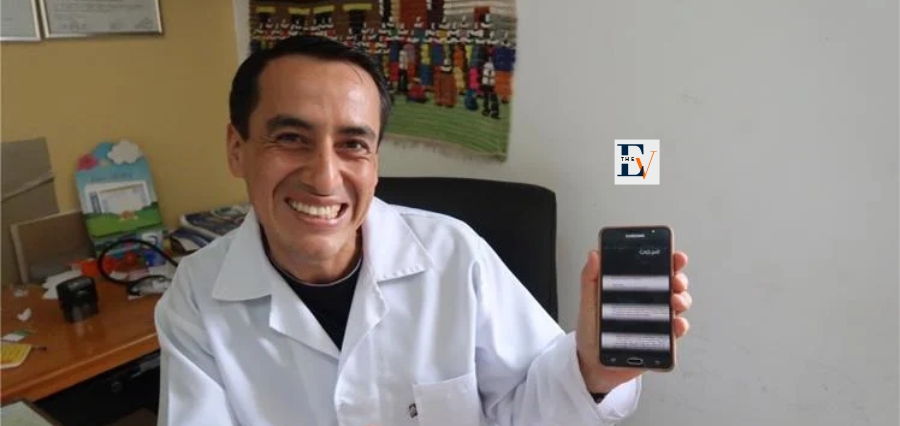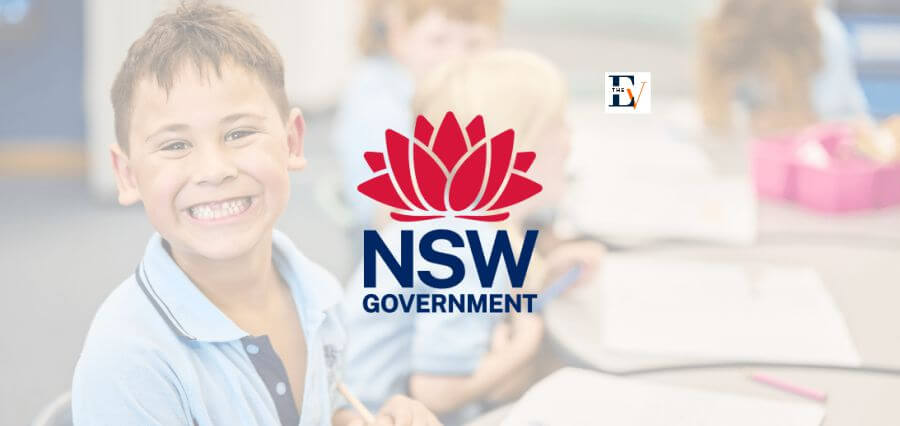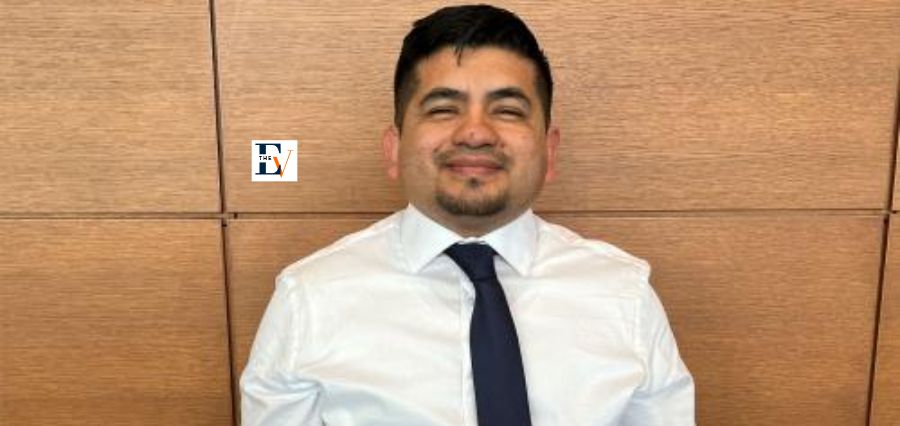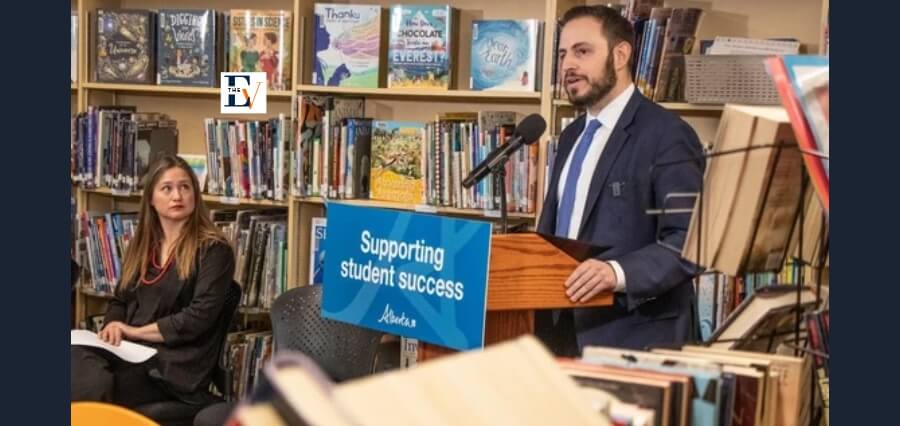Dr. Debra Stoner has volunteered as an emergency medical practitioner in Nepal, St. Lucia, and Guatemala since 1996. There, she observed a deficiency in the resources offered to medical practitioners. According to Stoner, “there was an educational vacuum.”
It is practically hard for medical practitioners to further their education and keep current in the rapidly evolving field of medicine in rural or resource-poor places. Books and CDs lose their relevance after a certain amount of time, and smartphone data rates are pricey. Attending conferences can be expensive, if not impossible, because for many specialists, they are the only available healthcare providers for hundreds of kilometers. They are unable to take a day off.
Dr. Stoner, together with her colleagues Drs. Manoj Thomas and Yan Li, took a direct approach to the problem of educational disparities. They created the international nonprofit organization Techies Without Borders (TWB), 501(c)(3), with the goal of enhancing medical education globally.
In order to deliver free medical education to physicians, nurses, EMS teams, and other health personnel in low- and middle-income nations, TWB brings together IT specialists, site-specific advocates, and other industry professionals. The CMES and CMES-Pi programs, which are their remedies, get around the problems that a lot of these medical professionals have been dealing with for a long time. Even in situations when power and the internet are unavailable, innovative delivery methods, tiny laptops, and USBs are used to provide free access to education.
Users of the tiny Raspberry-Pi computers can even download content onto their phones in the form of ebooks by pairing them with TWB’s free smartphone app.
Updated CME, or continuing medical education, educational activities and tools are published on a monthly basis to the Microsoft-supported cloud-based server that can be accessed through these devices. These tools help medical professionals stay current by maintaining and expanding their expertise.
Currently in use in eighteen countries, TWB’s Continuing Medical Education on Stick (CMES) program is set to grow both technologically and internationally. “Our goal is to level the playing field for emergency medicine education worldwide,” Stoner stated.
They are collaborating closely with the Ministry of Health in Papua New Guinea to create the Pi-based initiative, which will allow them to disseminate their information and policies throughout the 15 provinces in PNG where CMES and CMES-Pi are deployed.
A new delivery mechanism that will enable essential video content is being developed by the IT team. There are also plans for pediatric and orthopedic programs. African participants are producing a podcast that will highlight the difficulties in providing emergency medical care and be included on the Canadian EM podcast program.
The WHO, emDocs, Emergency Medicine Review and Perspectives (EMRAP), and other sponsors are essential to TWB’s numerous projects.
But without the help of volunteers who donate numerous hours of their time to ensure the nonprofit operates as efficiently as possible, their mission would be impossible.
Stoner stated, “We welcome anyone who brings skills and a desire to help.”
People with a variety of abilities, including those in marketing, fundraising, and information technology, often make up volunteer groups. The time commitments of volunteers also vary widely. At the end of the year, there will be chances to assist with short-term projects, and long-term assistance is required in areas like social media management and consulting.
Contributions made through GoFundMe or their website are equally crucial to the continued existence of TWB’s programs.
Read More: Click Here






